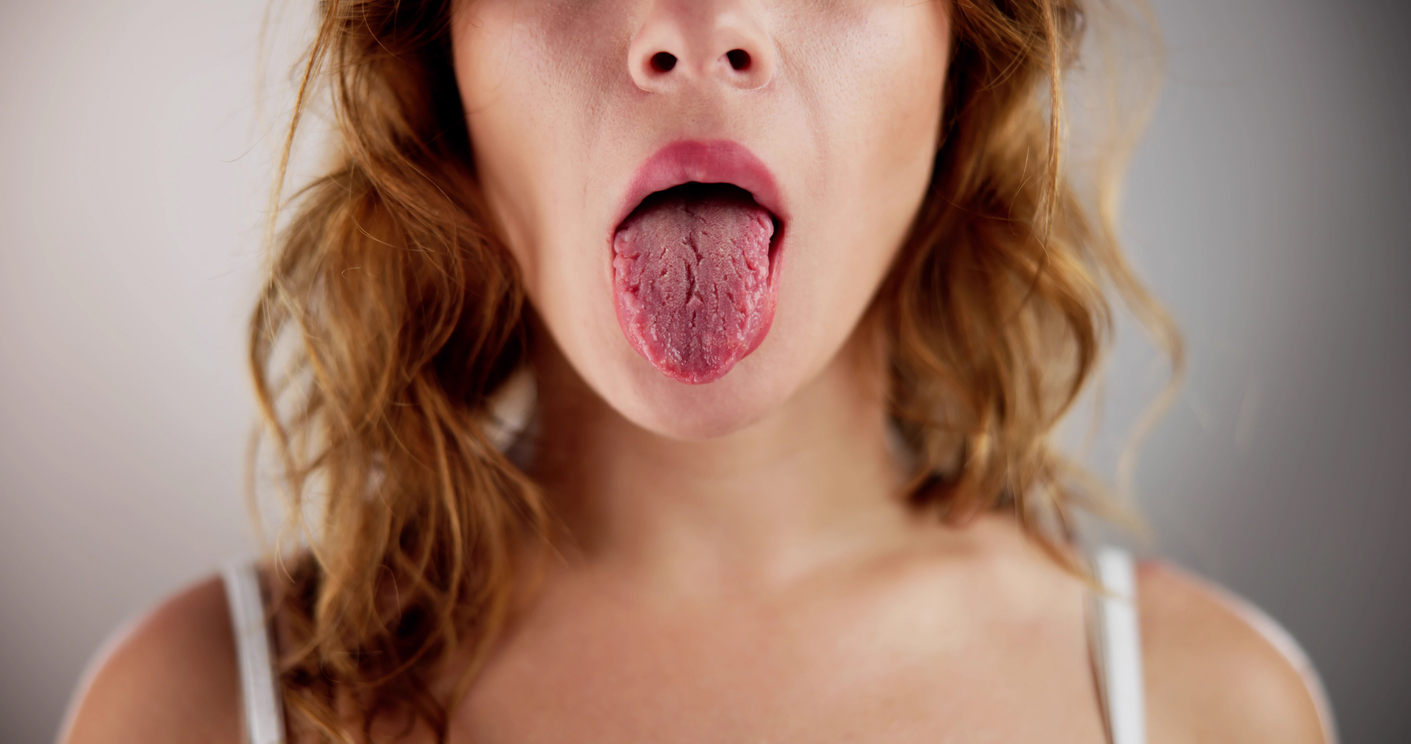The Importance of Saliva: The Unsung Hero of Oral Health
When most people think about oral health, brushing and flossing are the first things that come to mind. But there’s another important factor that doesn’t get nearly enough credit—saliva. Yes, that clear, slippery substance in your mouth is doing a lot more than you might think.
From helping you digest food to protecting your teeth from decay, the importance of saliva in maintaining oral health can’t be overstated. And when something goes wrong, like experiencing dry mouth, especially in the morning, it can throw off your whole system.
Let’s explore saliva’s functions and importance, what it does for your body, and what you should do if your mouth feels dry frequently.
The Functions and Importance of Saliva
Glands in your mouth produce saliva and play a critical role in your overall well-being. It’s not just there to help you chew and swallow—it’s a front-line defender for your teeth and gums.
Here’s how saliva protects your oral health:
- Washes away food particles and bacteria that could lead to cavities
- Neutralizes acids in the mouth that erode enamel
- Keeps oral tissues moist, which prevents irritation and infections
- Supports healing by delivering important proteins and minerals
- Helps form speech and keeps your mouth comfortable while talking
Without enough saliva, your mouth can quickly become vulnerable to tooth decay, gum disease, and discomfort.
What Is the Importance of Saliva in Digestion?
Believe it or not, digestion starts in your mouth, and saliva plays a starring role.
It contains enzymes that begin breaking down starches the moment you start chewing. This not only makes food easier to swallow but also helps your stomach process meals more efficiently later on.
Saliva also helps form a soft, moist ball of food (called a bolus) that’s easier to swallow and less likely to cause choking or discomfort.
What Causes Dry Mouth?
Dry mouth, also known as xerostomia, happens when your salivary glands don’t produce enough moisture. It’s a common condition that can happen for many reasons, including:
- Dehydration, especially overnight
- Medications (such as those for blood pressure, allergies, or depression)
- Breathing through your mouth, especially while sleeping
- Health conditions like diabetes or autoimmune disorders
- Radiation therapy for head and neck cancers
If you’ve ever asked yourself, “Why is my mouth so dry when I wake up?”, it’s likely caused by a combination of mouth breathing, reduced saliva production while sleeping, and dehydration.

How to Relieve and Prevent Dry Mouth
Managing dry mouth often starts with small changes that help your body stay hydrated and support saliva production.
Here are a few steps you can take:
- Sip water regularly throughout the day, especially before bed
- Chew sugar-free gum or suck on sugar-free lozenges to stimulate saliva
- Use a humidifier at night if your bedroom air is dry
- Avoid alcohol, caffeine, and tobacco, which can dry out your mouth
- Try over-the-counter mouth moisturizers or rinses designed for dry mouth
If none of these help, it’s time to see a dentist. Chronic dry mouth can lead to tooth decay, gum disease, and bad breath.
FAQ: Common Questions About Saliva and Dry Mouth
Q: Can dry mouth damage my teeth?
A: Yes, as we have said, without enough saliva to neutralize acids and wash away debris, your teeth become more vulnerable to cavities and enamel erosion.
Q: Is it normal to wake up with a dry mouth?
A: Occasional morning dryness is common, especially if you sleep with your mouth open. However, if it’s frequent, it may be a sign of an underlying issue.
Q: What medications cause dry mouth?
A: Common culprits include antihistamines, antidepressants, muscle relaxants, and certain blood pressure drugs. Talk to your doctor or dentist if you suspect this is the cause.
Q: Can I increase saliva production naturally?
A: Yes! Drinking water, chewing sugar-free gum, and avoiding drying substances like alcohol and tobacco can help. Eating crunchy fruits and vegetables may also stimulate saliva.
Q: When should I see a dentist for dry mouth?
A: If dry mouth is persistent, painful, or affecting your ability to eat and speak comfortably, it’s time to schedule a visit. Early intervention can prevent long-term oral health problems.
Let’s Keep Your Mouth Comfortable and Healthy
Saliva might not be something you think about every day, but your oral health depends on it. Whether you’re waking up with a dry mouth or noticing your mouth feels sticky throughout the day, you don’t have to live with discomfort.
At Art of Modern Dentistry in Chicago, our friendly dental team is here to help you find the right solution. We’ll look at what’s causing your dry mouth and guide you toward personalized care that works.
Call us at 773-935-3600 or contact us online to schedule your appointment today. At Art of Modern Dentistry, experience how modern, compassionate dental care can make a real difference in your daily comfort and long-term health.




